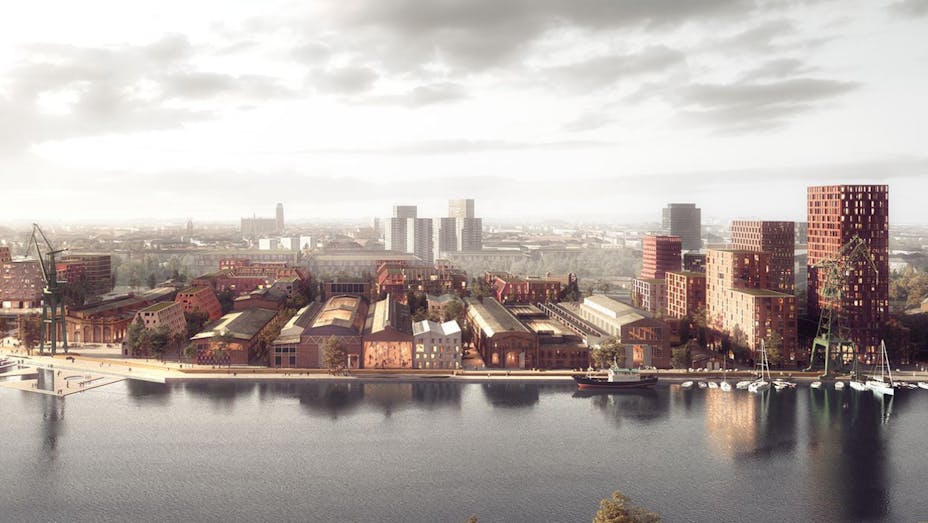This article first appeared in ‘Euractiv’ on 01-03-2019 .
Across Europe, hundreds of thousands of school kids are skipping class and demanding ‘climate justice now’. Adults are echoing their call at massive weekend rallies. Politicians are taking note: the hitherto reticent Belgian prime minister has called climate change “the fight of the century”.
The vital next step is to channel this momentum into EU-wide legislation. Last September, a special report by the Intergovernmental Panel on Climate Change forecast a major escalation in economic, environmental and human losses between 1.5°C and 2°C of global warming. Two months later, the Commission boldly ditched its old climate goal – to reduce emissions by 80% by 2050 – and called for full-blown climate neutrality by 2050.
The European Parliament has already spoken out in favour of climate neutrality (and is on the point of doing so again). But in the complex-yet-fair EU decision making process, nothing is agreed until all the heads of state in European Council have agreed it too. To have a solid mandate for meaningful legislation – to bring about the change that more and more people are marching in the streets for – all heads of state must give their support. Just one dissenting voice can derail the process.
I suspect most eyes, mine at least, will be on Poland. Speak to Polish diplomats and energy experts, and they will tell you that the drive for climate neutrality is coming at a propitious moment. Coal power stations and grids are creakingly old and hugely expensive to maintain. Coal reserves are running out and there is a growing dependency on imports. Meanwhile, millions of homes are uninsulated and air quality and energy poverty are urgent political issues.
Insiders suggest that all but the hardest of hardliners know that a new approach is needed. But coming out and saying so isn’t easy. The Polish government’s dilemma on climate is a bit like the British government’s problem before the EU referendum: when you’ve criticised something for so long, it’s hard to switch to a more positive narrative.
To Poland and others we can say this: yes, decarbonising our economies will require major changes and will profoundly influence the way we and our children live our lives. But not acting at the scale and speed necessary to avoid the worst effects of climate change will be incomparably more destabilising. New analysis by the Commission’s Joint Research Centre warns that by the end of the century Europe could face losses from flooding alone of €1 trillion every single year. I’m struck (and encouraged) by the fact that all the negotiators I’ve spoken to mention climate impacts. There is no East-West divide there.
Contrast this with the benefits of going climate neutral: big, popular improvements in living standards and health. As Polish diplomats rightly say, the climate transition will only succeed if it is a just transition, with no people or regions left behind.
We can also work to turn the discussion about money on its head. ‘Cash for targets’ is the traditional playbook: act tough in the political negotiations to squeeze out extra funding from the European budget. But this will only go so far. What’s needed is large scale private investment – new money – and that means sticking together as European member states and working to attract international investors.
Probably the biggest fish is the Institutional Investors Group on Climate Change (IIGCC), representing over €22 trillion (six times Germany’s GDP). The IIGCC has repeatedly said it is committed to mobilising the capital needed to deliver a climate neutral Europe. But like my own industry, like all Europeans, its members need a positive signal. They – we – need unanimous support from EU heads of state this year. Once that happens I think we will all be surprised by how fast change will happen.




